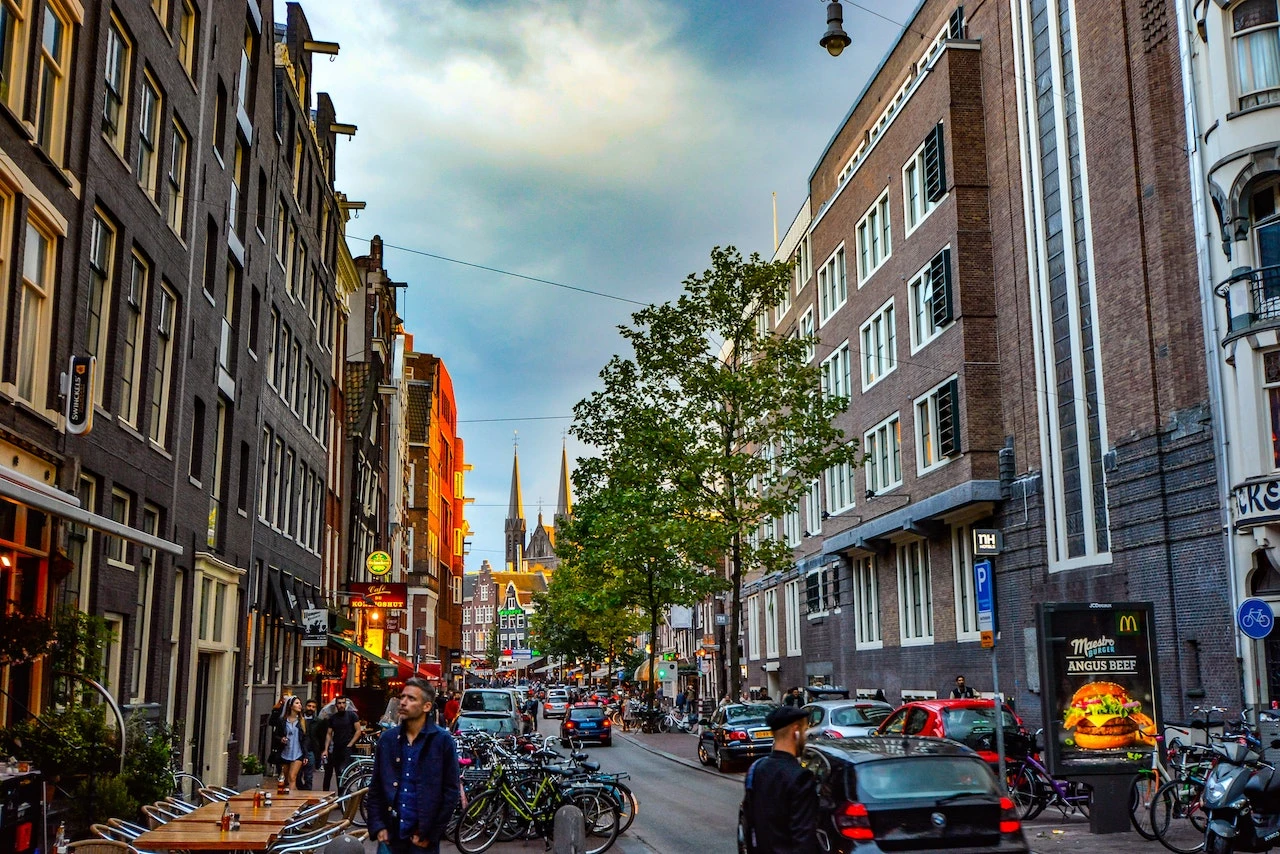Dutch politicians debate phased approach to gambling age increase

In a discussion on gambling reform in the Netherlands, State Secretary for Legal Protection Teun Struycken yesterday (28 March) made these suggestions during a session of parliament’s standing committee of justice and security.
Politicians from various parties met to discuss some of their key gambling sector concerns and the Netherlands’ gambling reform, a process that is ongoing.
Current regulations only came into effect in 2021, but a lengthy review initiated in 2024 has flagged concerns across several areas, including that players are not as protected as they should be.
As such, the government has committed to revamping laws. An updated remote gambling act is expected to reach parliament by the end of the year.
Tackling illegal gambling a priority
Members of parliament (MPs) Rosemarijn Dral, Peter Smitskam, Michiel van Nispen, Diederik van Dijk, Mikal Tseggai, Derk Boswijk, Mirjam Bikker, Marieke Wijen-Nass and Willem Koops joined Struycken for the latest cross-party discussion.
The debate covered several areas of discussion based on written contributions submitted over recent months. These included research papers on the “Perspective of Dutch People on Gambling” and the impact of increasing gambling tax on public interests.
Also up for discussion were existing market monitoring reports in the Netherlands, studies into match-fixing, a report on plans to increase gambling tax in the country, and various studies on the need to change regulations.
There was a particularly lively discussion about the illegal gambling market. This includes problem gambling in the context of proposed gambling age increases. According to one study, 13% of gamblers who played games of chance in the past 12 months are problem gamblers.
Age limit debate rumbles on
With this, all parties agreed a greater emphasis should be placed on stamping out the illegal market. While addressing concerns that younger adults could switch to black market platforms if the minimum age on slots was raised to 21, Struycken suggested implementing a phased approach.
Struycken, the sponsor of the updated gambling act, said the phased approach would help ensure those who can currently gamble on certain games could still do so legally.
Last week, Struycken was also part of an initial roundtable discussion where stakeholders provided recommendations for the new bill. The minimum age increase was suggested by Struycken in a February update to the sector on his gambling reform plans.
Christian Union leader Bikker raised concerns about increasing the age limit for gambling, noting it would be difficult to enforce the age increase across one vertical like slots. She instead suggested a blanket age limit of 21 for all gambling.
She then went on to describe the Netherlands remote gambling act as a “complete failure”. This was backed up by MPs Koops and Van Dijk, with claims that current regulations are “insufficient”, hence the need for a revamp of rules.
Bikker was also critical of the inclusion of industry stakeholders in discussions regarding new laws. She said anyone with links to gambling should be excluded so as not to skew the focus of new policies.
Illegal gambling overshadowing legal market
Another issue up for discussion was a report from regulator Kansspelautoriteit (KSA) which found the illegal market was larger than the legal market in terms of amount spent by player.
On this point, People’s Party for Freedom and Democracy MP Dral called for a stronger focus on illegal gambling sites due to gamblers not being offered proper protection. She referenced KSA data that suggested players were switching to illegal gambling sites because of increased friction on legal operators’ products.
Party for Freedom representative Smitskam raised similar concerns. He said clamping down on illegal sites would help to protect players from harm and raise more tax income. He added that additional measures could lead to an influx of illegal operators in the Netherlands.
Leading on from this, Farmer–Citizen Movement MP Wijen-Nass urged that search engines and internet providers should do more to tackle illegal activities. She suggested Google earns €20 million each year from illegal online casino adverts and should be made aware of the dangers of unlicensed gambling to players.
Wijen-Nass also addressed the issue of gambling tax and the route the government may take in applying different rates to certain forms of gambling.
Task force to tackle illegal gambling in talks
The debate on gambling reform in the Netherlands then turned to the possibility of setting up a new task force to clamp down on illegal activities. Dral said she supported the idea, highlighting how several trade organisations have called for this approach.
Struycken said talks on establishing a task force were ongoing, as discussed in the previous stakeholder recommendations session.
